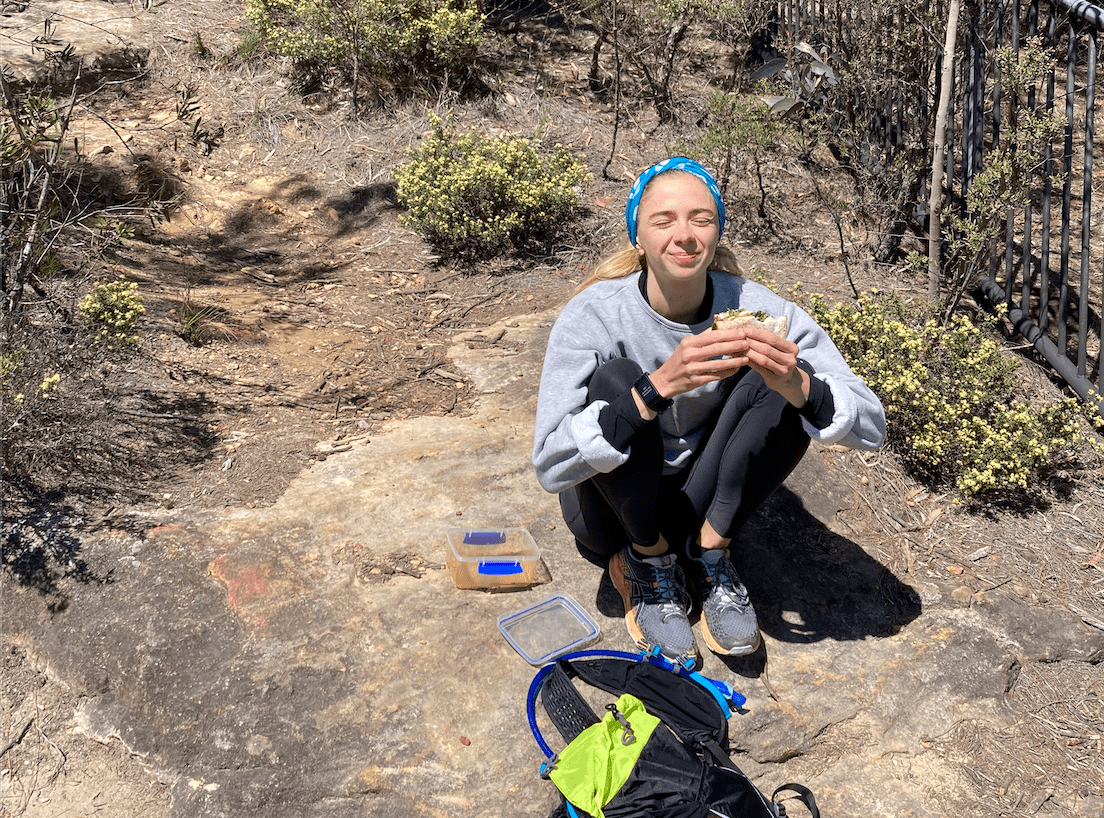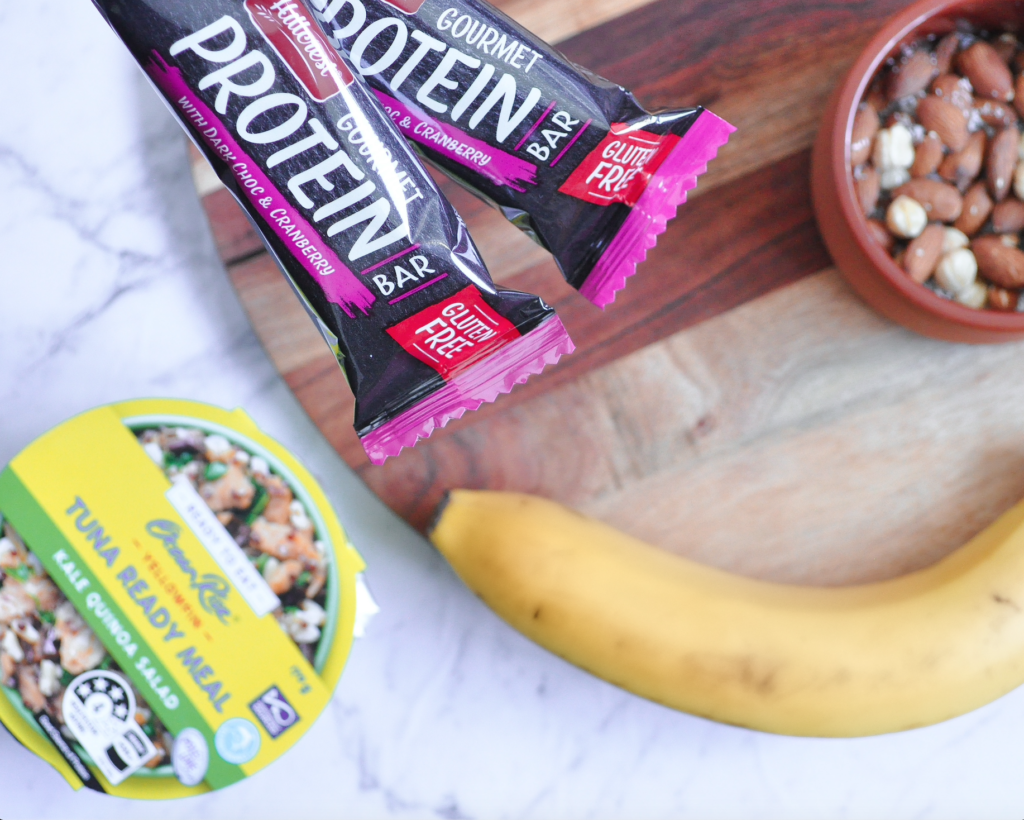
It’s Friday (thank god) and you’ve got a weekend full of climbing. You’re starting to get giddy thinking about the crag, your next project and how much blister tape you’ll need to bring… Harness, check. Helmet, check. Quickdraws, check. Snacks…snacks? Ah, the make or break of a climbing weekend. What are practical snacks that will keep you pumped up and satisfied for yet another long weekend of climbing?
I'm Annabel Johnston from Nutrition for Living, and today we’ll dive into the nitty-gritty of snack selection and develop an easy guide to help improve your climbing endurance at the crag.
There are multiple considerations when it comes to selecting climbing snacks. Namely:
In terms of nutritional value, we want the snacks to be loaded with both carbohydrate and protein. Carbohydrate is the bodies primary energy source when it comes to climbing. It assists our capacity to grip crimpy holds, stick a bold dyno and endure those lengthy climbing routes. However, where possible we also want our climbing snacks to be a good source of protein, to promote better muscle recovery.
Therefore, we want to ensure that our body has enough protein to recover while we sleep. Well, recover as much as possible because we all know that we will be following it up the next day with (YOU GUESSED IT) more climbing.
Size is also a consideration when it comes to climbing snacks. If we are going for a multi-day climb, have long walk-ins, a small backpack etc, we want to make efficient use of our limited space. We all know that climbing gear isn’t the lightest to carry, so where possible we want to minimise weight in unnecessary items. So, leave the pack of crisps at home please!
Climbing all day takes a HUGE amount of energy and we want to reward ourselves with delicious food (Well, I do at least). Sometimes this requires us to do a little bit of food prep and creativity in what we pick. But don’t stress, I’m going to spell it out nice and clearly to make sure you've got a variety of tasty treats!
If you want to be a big hit with all your mates, test out my chickpea chocolate brownie recipe from my Nutrition for bouldering blog HERE

There are hundreds of factors that influence the requirements of a person, so snack suggestions and the amount should be tailored to each individual. However, it's a smart idea to take a couple of extra snacks as a precaution. What if you’re extra hungry at the crag? What if you get a little lost and need to camp out? What if Ben and his cronies “forget” to pack snacks again? It’s better to be safe than sorry!
To give a little context, I'm a 57kg female, with 28kg of muscle. I climb five out of seven days and dance in my shower on the others. I'm conscious to eat a carbohydrate fuelled breakfast before a big day out, drink at least 1 litre of water and 1 coffee (mostly to wake up). Eating breakfast will assist with a better spread of energy across the day and will give your body extra fuel to pump out gnarlier climbs.
For a day of climbing, I'm likely to bring the following:
Plus 3-4 L of water and a Gatorade if it’s going to be hot
For a person in a larger body, I’d recommend doubling the number of snacks.
However, for additional variety you could also bring along the following:
- Cliff bars
- Beef jerky
- Banana chips
- Gelatinous lollies, for instance, the Natural confectionary company
- Fresh fruit, for instance, an apple

As the days become warmer, we need to be extra mindful regarding water intake. I’d be taking 3-4L of water to the crag, as well as having an extra supply of water in the car as a backup. Water has multiple purposes in an outdoor environment. It’s crucial for hydration prevention, maintaining electrolyte balance and preventing a serious medical condition, heat stroke. You may also like to take a sports drink, such as Gatorade, to help maintain hydration and balance the bodies electrolytes.
A reminder to pack an extra zip lock bag or plastic bag to take away all your rubbish at the end of the day.
If you're new to climbing outdoors, we have a really useful guide here: Outdoor Bouldering 101

Hello, I’m Annabel, the owner and principal dietitian of Nutrition for Living.
I’ve always been passionate about the role food plays in physical, mental and emotional health. Hence, my decision to become a dietitian and optimise the health and wellbeing of the community!
Specialities.
Weight Loss
Nutrition Pre and Post Bariatric Surgery
Chronic disease management
Cardiovascular Disease - Heart Disease, High Blood pressure and High Cholesterol
Diabetes
Coeliac Disease
Crohn’s Disease
Ulcerative Colitis
Diverticular Disease
Malnutrition
Osteoporosis
Eating Disorder management - Anorexia, Bulimia & Binge Eating Disorder
IBS - Identification and Management
Sports Nutrition